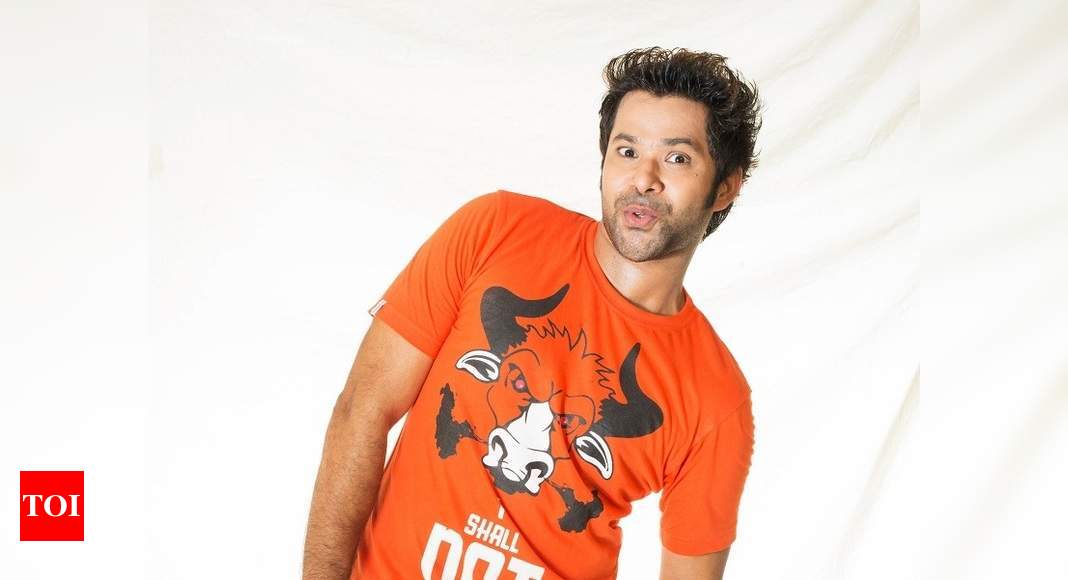

From her debut in Thondimuthalum Driksakshiyum (2017) to Eeda (2018), Chola (2020) and a bunch of other films, her strength has been the ability to immerse herself so completely in a role that it becomes near-impossible to believe she is not that very person in real life. Sajayan here lives up to the formidable reputation she has built for herself in her brief career. Note the song sung with the closing credits, the lyrics brimming with literary tropes that have long been summoned to glorify women and thus keep them enchained. Nothing in Kunju Daivam prepared me for the utter brilliance, the acute power of observation, the subtlety and finesse of The Great Indian Kitchen. It was sweet and clever for a while, but the storytelling lacked polish and it didn’t come together for me. I have seen Jeo Baby’s last film, Kunju Daivam ( The Little God, 2018), which earned Adish Praveen the National Film Award for Best Child Artist. We have seen her house and family, but are told nothing about him, his occupation or financial background in those early scenes except for snatches of a fleeting conversation implying that he is from the sort of family that is considered ‘prestigious’.įormalities are completed, rituals are done and dusted, and soon the new bride arrives in her new home, where her routine as a wife and daughter-in-law sets in. The film opens with her family preparing for a pennu kaanal (a potential groom coming to see a girl for an arranged marriage).

Nimisha Sajayan plays a dancer in The Great Indian Kitchen.

There is no story to tell, so here is a precis of the first 9 minutes. Suraj Venjaramoodu in a still from The Great Indian Kitchen. It could have been called Portrait of a Wife as Cook, Cleaner, All-round Housemaid and Sex Slave, but that would not fully capture what this extraordinary film conveys. I went into The Great Indian Kitchen expecting a pleasurable food flick, and sat in its thrall for 1 hour 40 minutes watching an unparalleled gem. (Minor spoilers in this paragraph) A wife leaving her husband’s shoes out for him to step into as he leaves the house, a man cooking one meal and leaving a mess behind for women to clean up while lauding himself for having given those women a break – these are not mere fictional scenes in a film, these are snapshots from homes we inhabit or have visited , where women’s hard labour is romanticised as a mark of a devi -like unlimited capacity for love and sacrifice in a pre-emptive bid to demonise women who break free. The characters have no names because they are you and I and everyone around. It is in Malayalam, but the title reminds us that patriarchy knows no state borders. Writer-director Jeo Baby’s The Great Indian Kitchen aka Mahaththaya Bharatiya Adukkala is a Great Indian Film that captures an under-discussed horrific reality with astonishing accuracy, by merely replicating on screen what happens in millions of Indian households. Nimisha Sajayan in a still from The Great Indian Kitchen


 0 kommentar(er)
0 kommentar(er)
